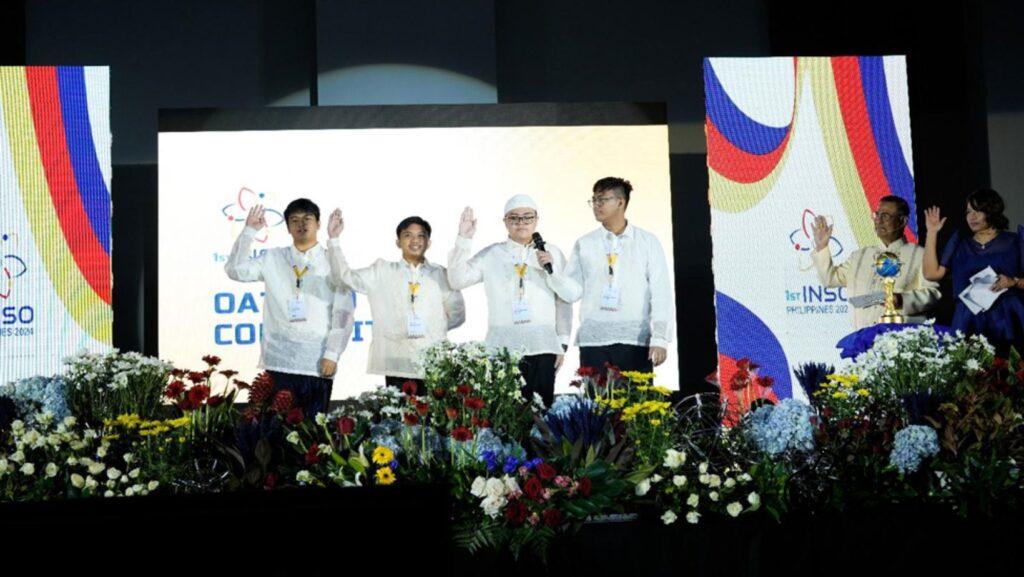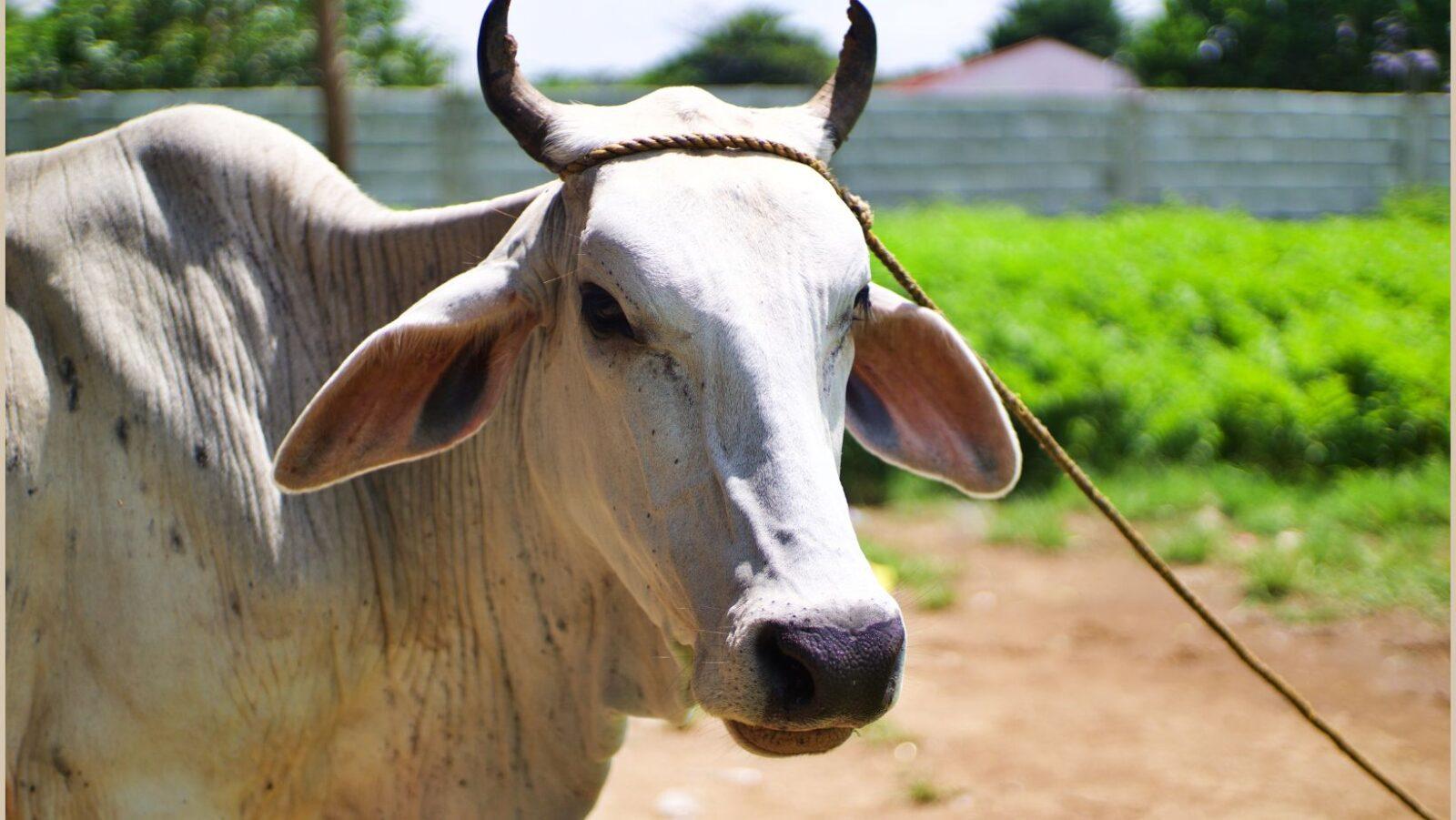
Months of eager anticipation and preparation culminated for the 54 junior and senior secondary students from the Asia-Pacific region as the first International Nuclear Science Olympiad (INSO) commenced with an opening ceremony on August 1, 2024, at the SMX Convention Center Clark in Pampanga.
With the Philippines as the host country, the first INSO is organized by the Department of Science and Technology-Philippine Nuclear Research Institute (DOST-PNRI), with support from the International Atomic Energy Agency.
“The primary objective of the first INSO hosted by the Philippines is to showcase the country’s commitment to advancing nuclear education and fostering international cooperation in the peaceful applications of nuclear science and technology (S&T),” said Dr. Carlo A. Arcilla, Director of DOST-PNRI and Chair of the 1st INSO Steering Committee.
He also stated that the initiative aims to foster international collaborations in nuclear science, showcase Filipino researchers globally, and enhance the teaching of nuclear concepts in educational institutions.
A pioneering initiative
In his keynote address, DOST Secretary Renato U. Solidum, Jr. highlighted the competition as a platform for exchanging ideas, building friendships, and inspiring the next generation of nuclear scientists and engineers.
He also emphasized the role of nuclear and radiation applications in national development and explained how INSO’s objectives promote human well-being, wealth creation, wealth protection, and sustainability.
“The First International Nuclear Science Olympiad, now opening here in the Philippines, makes us the first country to showcase our local nuclear science and technology experts to the global community for the development of the Olympiad’s theoretical and experimental problems and solutions and supervising the competition,” Sec. Solidum added.
Meanwhile, Dr. Maya Al Azri, INSO Steering Committee Chair, and Marina Binti Mishar, Section Head of the IAEA Division for Asia-Pacific, both underscored the crucial role of nuclear science in addressing global challenges such as energy sustainability, environmental protection, medical advancements, and food security. They also noted that the younger generation will be key in leading the responsible use of nuclear S&T in the future.
Other speakers who graced the event with their messages included Dr. Leila P. Areola, Director of the Bureau of Learning Delivery at the Department of Education (DepEd); Dr. Alumanda M. Dela Rosa, President of the Philippine Nuclear Science Foundation (PNSF); and Mr. Isaiah Taylor, Chief Executive Officer of Valar Atomics.
Along with the 54 participants and 31 team leaders, the opening ceremony was attended by a diverse group of distinguished guests, including officials from the Philippine government, representatives from international agencies and embassies, observers from three countries — Japan, Syria, and Indonesia — and partners from private nuclear-related organizations.
The first INSO
This newly established global initiative in nuclear science education envisions becoming an annual international competition for students under 20 years old. INSO also seeks to inspire participants to pursue careers in nuclear S&T.
With four to five participants each, the 14 competing countries of the first INSO are Bahrain, Iran, Jordan, Malaysia, Mongolia, Oman, Pakistan, the Philippines, Qatar, Saudi Arabia, Singapore, Sri Lanka, Thailand, and the United Arab Emirates.
The competition will involve a two-day assessment, featuring both theoretical and experimental components in nuclear science.
To provide participants with insights into both nuclear S&T’s role in the country and the local culture and history, Sec. Solidum Jr. shared that the participants will also tour heritage houses and key nuclear sites like the Bataan Nuclear Power Plant and Philippine Research Reactor. They will also engage in a socio-cultural gathering with local schools.
The event is co-organized by DOST, DepEd, the DOST-National Research Council of the Philippines, and PNSF.—Rudy P. Parel, Jr. (via DOST-STII)/MF









